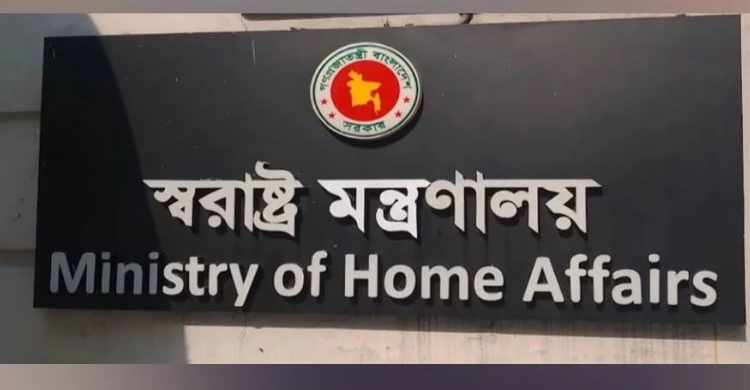Govt measures tame drug trafficking, modernize key agencies in past year


The government has taken a series of measures over the past year to curb drug trafficking and modernize key law enforcement and administrative departments, following the ouster of the fascist Awami League government on August 5, 2024.
As part of its anti-drug strategy, the operational capacity of the Department of Narcotics Control (DNC) has been significantly enhanced. The Home Ministry has granted permission to 579 DNC officials -- from deputy directors to sub-inspectors -- to carry 9mm semi-automatic pistols under the "Department of Narcotics Control (Officers-Employees) Weapon Procurement and Usage Policy 2024."
Home Affairs Adviser Lieutenant General (Retd) Md Jahangir Alam Chowdhury has directed law enforcement to prioritize capturing drug traffickers' ringleaders over low-level carriers, emphasizing that the government is pursuing a "Zero Tolerance Policy" against drugs.
He said the rate of drug-related crimes has dropped significantly due to these coordinated actions.
To strengthen investigations, the government has provided special training to DNC officials on money laundering and initiated the formation of a money laundering unit to bring drug kingpins and financiers under legal action.
Preparations are also underway to form a cybercrime unit to prevent the trafficking and sale of narcotics through the dark web and cryptocurrency networks.
Additional measures include procurement of portable drug detection equipment, X-ray scanners, and the deployment of trained sniffer dogs at airports. In this regard, a Memorandum of Understanding (MoU) is being finalized between the Armed Police Battalion (APBn) and authorities at Hazrat Shahjalal International Airport in Dhaka, Shah Amanat International Airport in Chattogram, and Osmani International Airport in Sylhet to tighten surveillance on drug smuggling through air routes.
Plans are in place to establish a DNC prosecution office in every district court, including CMM Courts, and to appoint special public prosecutors under Section 492(1) of the Code of Criminal Procedure, 1898, or grant similar authority to DNC prosecutors to ensure speedy trial of drug-related cases.
A dedicated hotline will also be launched to receive complaints, suggestions, and opinions related to narcotics control services. Awareness efforts are being intensified through installation of anti-drug billboards in educational institutions.
In addition, the DNC is preparing to establish a digital forensic lab to analyze electronic devices and set up a narcotics control office at every upazila.
Alongside enhancing the DNC, the government has also initiated reforms to modernize the Fire Service and Civil Defence (FSCD), the Department of Prisons, and the Directorate of Immigration and Passports.
A proposal has been submitted to upgrade the salary structure of 2,788 FSCD posts. Another proposal seeks to create 69 temporary posts of Assistant Director and 69 driver positions in the revenue department, while abolishing an equal number of Deputy Assistant Director posts.
A revised risk allowance notification for FSCD officers and employees is under review.
Construction of 20 fire stations and two multi-storey residential buildings for FSCD staff is ongoing, along with a separate project for 16 additional stations in key upazilas across the north and south regions.
The Department of Prisons is implementing several initiatives including the establishment of a 'Correctional Industrial Park' and formation of its own engineering unit. Ambulances have been allocated to prisons to ensure timely medical care, and steps are underway to recruit more personnel and upgrade six district prisons to central prisons.
To modernize the Directorate of Immigration and Passports, the government has taken initiatives to formulate the Employment Rules-2024 and ease police verification requirements to improve service delivery.
